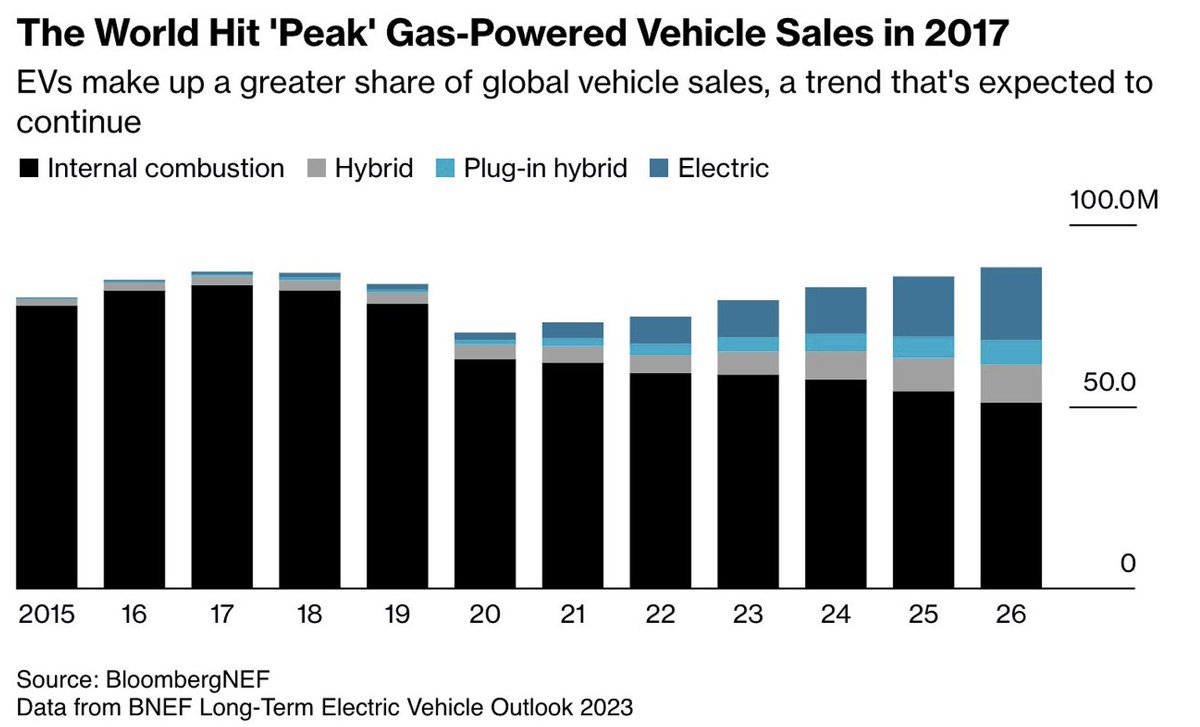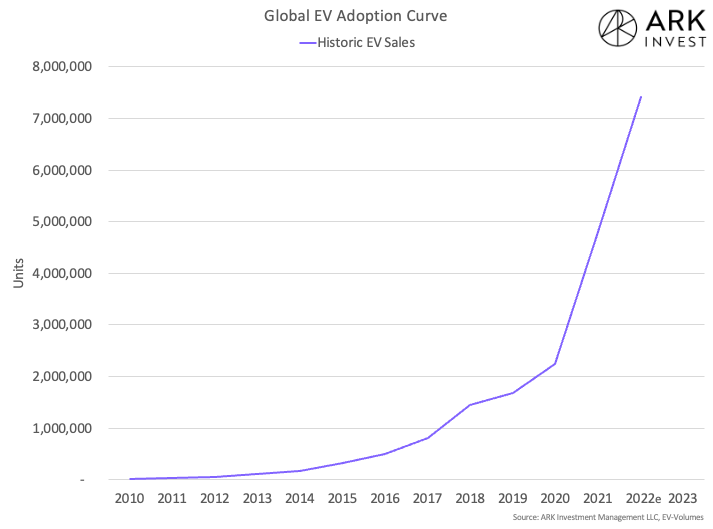1/ Worth reading or listening to the Musk interview with @karaswisher. Touches on #Tesla #SpaceX #TheBoringCompany recode.net/2018/11/2/1805…
Here are some pulled quotes:
Here are some pulled quotes:
2/ On Twitter" "It feels like dipping into the flow of consciousness of society."
3/ "There have been many attempts to create a car company and they have all failed...Ford and Tesla made it barely through the last recession. There’s a good chance Ford doesn’t make it in the next recession."
4/ "You know, I think we’ll get to full self-driving next year. As a generalized solution, I think. "
5/ "Well I can’t talk about the details, but it’s gonna be like a really futuristic like cyberpunk, “Blade Runner” pickup truck."
6/ On the Space Force "... I actually like the idea. I think it’s cool. You know, like, when the Air Force was formed, there was a lot of like pooh-poohing, and like, “Oh, how silly to have an Air Force!” You know, because the aircraft in World War II were managed by the Army.
7/ "...it was wildly panned as a ridiculous thing to create the Air Force, but now everyone’s like, “Obviously you should have an Air Force.” And I think it’s gonna become obvious that we should have a Space Force, too."
8/ Key question for the Boring Company “Well, is your tunneling machine power-limited or thermally limited?” This was a very obvious question from a physics standpoint. Nobody knew. "
9/ "the first step is simply jacking up the power like crazy, and then automating the placement of the tunnel reinforcements,"
10/ "I don’t know, there was some people in the studio who wanted to make a scooter, but I was like, “Uh, no.”
...
"Electric bike, I think we might do an electric bike, yeah."
...
"Electric bike, I think we might do an electric bike, yeah."
• • •
Missing some Tweet in this thread? You can try to
force a refresh















